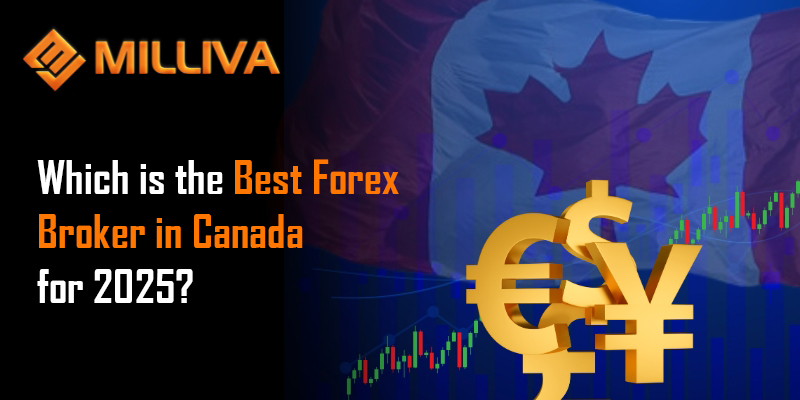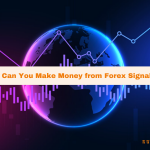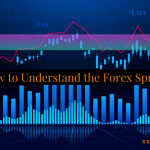What is the Spread in Forex and How Do You Calculate It
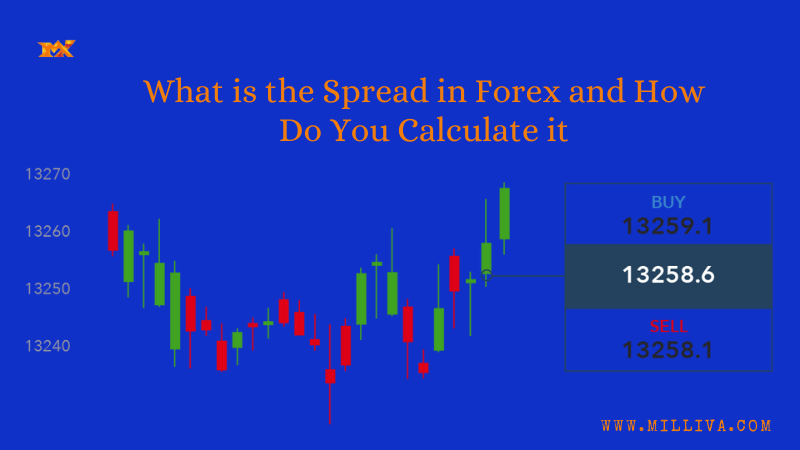
![]()
The gap between the highest price those who want to buy at, and the lowest price someone is willing to set at and needs to be factored into the explicit commission charged for executing the trade is known as the spread. In efficient markets like Forex, with a lot of people both wanting to sell and buy in equal amounts, that gap will be very small.
It is implied cost because you only feel the effect in subsequent trades, as the asset you bought must increase above the level of the spread, rather than the price you bought at, for you to make a profit. In online trading, it is one of the key costs.
Simply, the word spread has various definitions in other areas of finance, but the basic concept of being a difference between two prices is always evident. Further, in this blog, let’s see what is the spread in Forex and how do you calculate it.
How Does Spread in Trading Work?
You should be aware when analyzing trading costs because the spread is one of the crucial piece of information. An instrument’s spread is a variable number that directly affects the value of the trade. Spreads are construct around the current price or market price of an asset. To simplify the transaction process, brokers and market makers may add some transactional costs in the spread, which can be prevalent in futures contracts. Some of the factors which influence the in trading are liquidity, volume, and volatility.
Liquidity refers to how easily an asset can be sold or bought. When the liquidity of an asset increases, the bid-ask spread usually tightens. Volume is one of the methods used to report the quantity of an asset that is trade daily. An asset that has higher trading volume will often have narrowed bid-offer spreads. Volatility is a measure of how much the market price changes in a given period. During high volatility, when the price change rapidly, the spread is usually much wider.
What is Spread in Forex?
Spread in Forex is a small cost built into the buy and sell price of every currency pair trade. When you search for the price that is quote for a currency pair, you will see there is a difference between the buy and sell prices, this is the spread or the bid or ask spread. In this, changes that are measure by small price movements are known as pips, which is any change in the fourth decimal place of a currency pair. It doesn’t mean that it will only determine the total cost of your trade, but also the lot of sizes.
Every Forex trading involves buying one currency pair and selling another. The currencies on the left are known as the base currency, and the currency on the right is known as the quote currency. In Forex trading, the bid price is the cost of buying the base currency, while the ask price is the cost of selling it.
How to Calculate the Spread?
To calculate the spread in Forex, you should work out the difference between the buy and sell price in pips. You can do this by subtracting the bid price from the ask price. Spreads will either be wide or tight. Often, traders will prefer tighter spreads because it means the trade is more affordable. Simply, if a market is volatile, and not liquid, spreads will be wider, and vice versa.
Why Does the Spread Change in Forex?
The difference between the buy and sell price of a currency pair changes when the spread in Forex changes. This is known as the variable spread, the opposite of the fixed spread. You will always deal with a variable spread while trading Forex. It will be increase if there is any important news announcement or an event that causes higher market volatility. One of the downside of a variable spread is that if it widens dramatically, your position will be close, or you will be put on a margin call. Always look at the economic calendar to stay abreast of upcoming financial events.
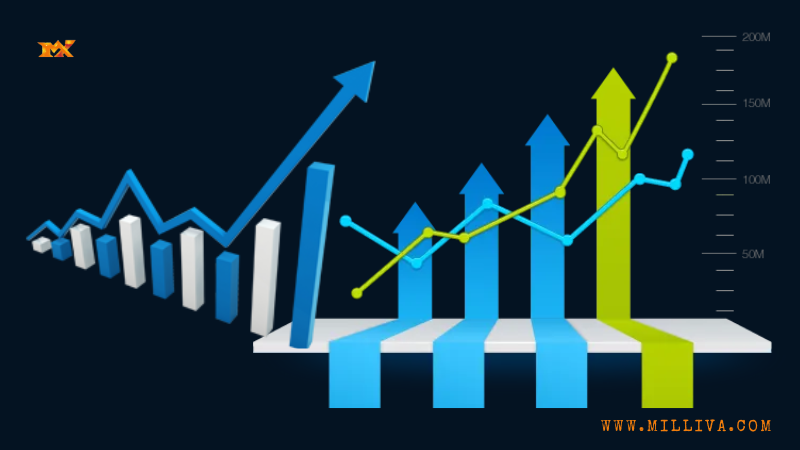
Know Your Spread
In the financial markets, it’s important to know the spread. It is the cost of each transaction that the broker charges. And determines if that cost is appropriate for your trading strategies. Next, all traders and investors should have knowledge about the lack of information regarding the possibility of manipulating the spreads on their trading platforms without the consent of their clients.
There are fake brokers who exercise this practice to obtain more profits. It’s important that the trader choose a reliable Forex broker with a good reputation. And that is not guilty of any spread manipulation. It is also advisable to trade with a highly regulated company. Because the regulators require companies to meet strict requirements regarding the financial products and services such as the safety of clients’ funds in segregated accounts.
There will not be any tampering if you work with brokers. A trader who trades with low spreads will have less operating costs and long-term savings. Thus, a high-spread trader will have to generate higher profits to offset the cost. For several traders, the spread is vital for both gains and losses.
How to Manage and Minimize the Spread
You can trade only on the most favorable trading hours when both sellers and buyers are in the market. When the number of sellers and buyers for a given instrument increases. Demand and competition for the business increase, and market makers often narrow their spreads to capture it.
You can also avoid buying or selling thinly traded assets. Multiple market makers compete for business. When you trade popular instruments, like the major currency pairs, blue-chip stocks, global stock indices, and top cryptocurrencies. If you trade thinly traded instruments, there may be only a few market makers to accept the trade.
Final Thoughts
Trading spreads are invent by market makers, brokers, and other providers to add costs to a trading opportunity, based on supply and demand. The spread will fluctuate constantly along with an asset’s price and trading volume. Depending on how expensive, volatile, and liquid an asset is.

Visit us on: www.milliva.com



